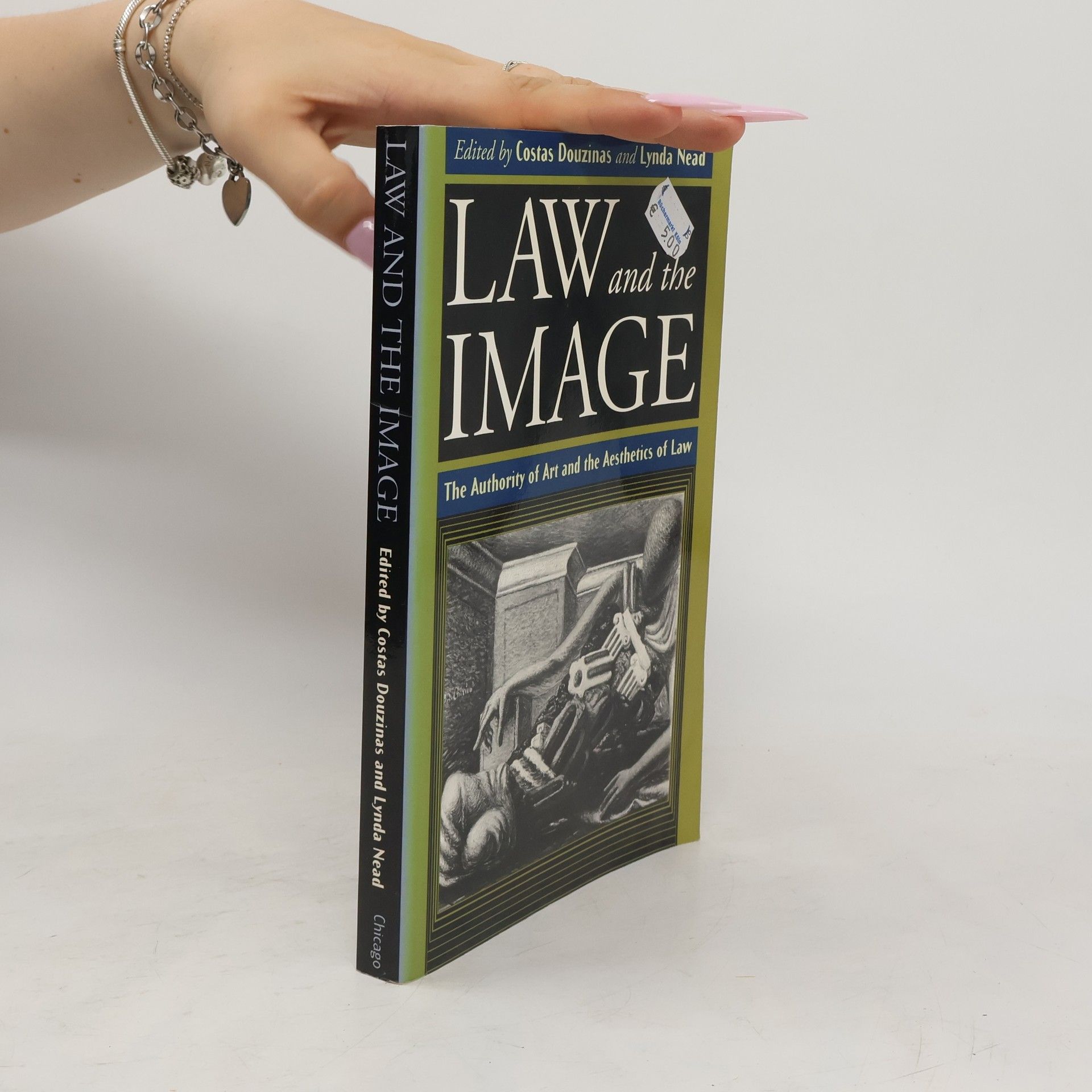The End of Human Rights
Critical Legal Thought at the Turn of the Century
- 410 pages
- 15 hours of reading
Costas Douzinas is Director of the Birkbeck Institute for the Humanities and Professor of Law at Birkbeck, University of London. His work delves into the profound connections between law, philosophy, and politics. Douzinas focuses on themes such as justice, human rights, and the nature of power. His legal analyses are often imbued with philosophical and literary influences, offering readers fresh perspectives on legal and political systems.



Critical Legal Thought at the Turn of the Century
A discussion of the diverse relationships between law and the artistic image. Topics addressed in the book include the history of the relationship between art and law, the ways in which the visual is made subject to the force of the law, and the relations between law, the image and identity.
Do not be afraid, join us, come back! You’ve had your anti-communist fun, and you are pardoned for it—time to get serious once again!—Slavoj Žižek Responding to Alain Badiou’s ‘communist hypothesis’, the leading political philosophers of the Left convened in London in 2009 to take part in a landmark conference to discuss the perpetual, persistent notion that, in a truly emancipated society, all things should be owned in common. This volume brings together their discussions on the philosophical and political import of the communist idea, highlighting both its continuing significance and the need to reconfigure the concept within a world marked by havoc and crisis.